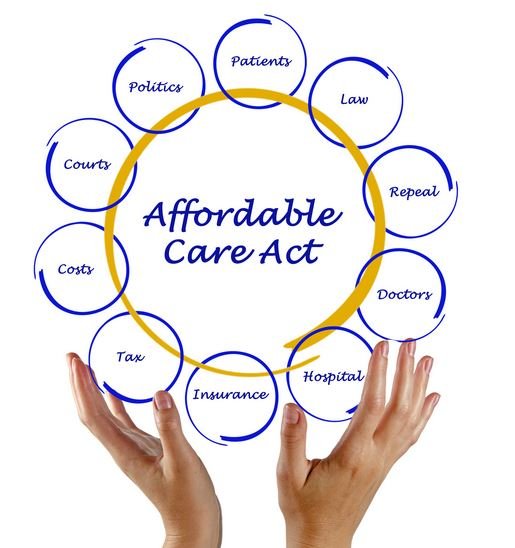September 19, 2013
The Affordable Care Act has left many wondering whether or not they will qualify for discount health insurance plans, though finding answers seems rife with confusion. With the news changing daily, it's no wonder why there's confusion over who qualifies, who doesn't, and how to go about getting signed up under the Obama healthcare plan.
In this article we're going to tackle some of the most some of the most commonly-asked questions on Obamacare eligibility, while reviewing what is needed to ensure you have the best plan for the needs of your family.
Who is Eligible for Obamacare Benefits?
 The people who will benefit most from the Affordable Care Act, are those who do not have the means to purchase health insurance on their own. This includes those who are at or below the established poverty lines, persons or families who are out of work, individuals who are disabled and unable to generate an income, younger individuals, including those new to the work force and not covered under their parents policy, recent college grads and a few others, as defined by the Act's fundamental provisions.
The people who will benefit most from the Affordable Care Act, are those who do not have the means to purchase health insurance on their own. This includes those who are at or below the established poverty lines, persons or families who are out of work, individuals who are disabled and unable to generate an income, younger individuals, including those new to the work force and not covered under their parents policy, recent college grads and a few others, as defined by the Act's fundamental provisions.
It's still up in the air as to how people will prove their income, or lack of income, though we expect that it will follow the same criteria used to issues food stamps and other government assistance. Unfortunately, this does little to help the people who are on the fence.
For example, if the defined poverty level needed to qualify is $45,960 and you're bringing in $47,000 annually, not only will you not be able to get subsidized benefits, you'll likely see an increase in your existing premiums, to help fund the discount polices received by others. As insane as this sounds, that's just where things are headed. We will cover this more in future articles.

What Defines the Poverty Level?
Oddly enough, and this is something that has left many scratching their heads, the poverty level has been baselined at the national level. In other words, the same criteria, figures and calculations are being used across the country to define and determine whether or not a family or individual meets the poverty criteria, regardless of that geographic area's median income.
In other words, the fixed number used to define poverty for some small rural town in Southern Illinois, will also be applied to those in more lucrative areas with higher incomes, such as Chicago. You would think that more detailed geographic information would be taken into consideration, though the powers that be seem to feel an across-the-board number is just easier to manage.
Using the IL Health Insurance Exchange
For those who do qualify for discount healthcare plans under Obamacare, they will need to register and purchase a policy from the Illinois Health Insurance Exchange. Applicants will be able to choose from one of four different medical insurance policies, ranging from Bronze to Platinum. The lowest priced plans come with substantially high deductibles and out of pocket maximums, despite early promises to cap consumer max out/pocket expenses. The most expensive polices offered through the exchanges, will have lower deductibles similar to today's traditional plans.
Finding Out if You Qualify
The only reason we're not going into specific numbers, is on account of how rapidly and frequently the information, rules and figures are changing. If you're in the state of Illinois, or the greater Chicago area, Premier can help you find out whether or not you will be able to sign up for subsidized health insurance.
Call Premier today and speak with one of our licensed health insurance agents, we can be reached at 708-602-9159 or toll-free at 800-369-0287.

